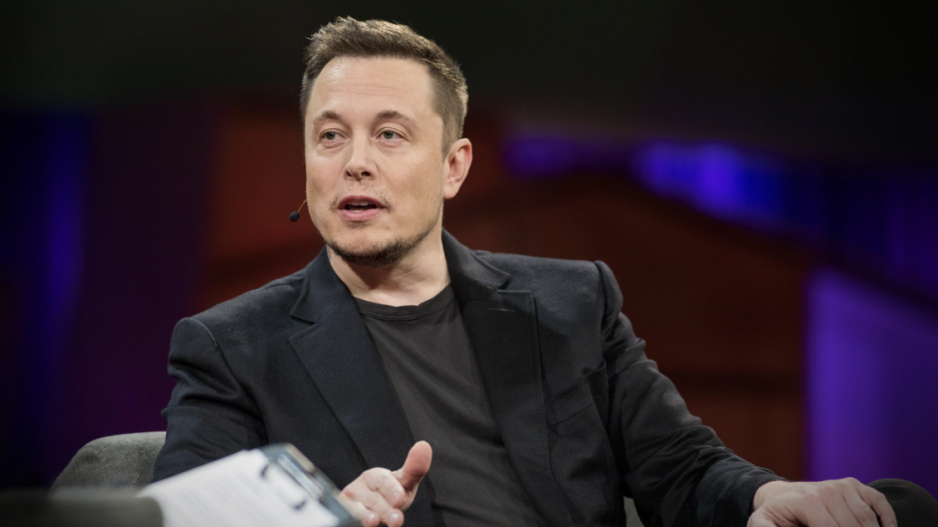Canada has been pretty good to Elon Musk. Vancouver included.
You can learn a lot about him, more than you may need or want, in the weighty new Walter Isaacson biography out in recent days.
Musk moved first to Montreal from South Africa in 1989. His father gave him $2,000 in traveller’s cheques and his mother gave him another $2,000 by cashing a stock account she’d opened with her winnings from a beauty contest. He bought himself a bus pass to see the land.
He came to Vancouver from a relative’s Saskatchewan farm shortly after his 18th birthday to stay with his mother’s half-brother. He got a high-paying job – $18 an hour – cleaning the boilers in a lumber mill.
It’s a fair comment to note that he’s come financially a few steps up the ladder and back down a few rungs since.
His mother decided to join him in Canada, and Isaacson reported she “sent back scouting reports” to his sister about where they might live. “Vancouver was too cold and rainy, she wrote. Montreal was exciting, but people there spoke French.” So, Toronto it was, in a one-bedroom, where Elon would sleep on the couch and intern at Microsoft.
He chose between Queen’s and Waterloo as universities quite simply: “There were few girls there,” he said of Waterloo, so off to Kingston he went.
Fast forward, several billion dollars in wealth later, to meet the partner that the book portrays positively as a consistent, if dramatic presence: Vancouver’s Claire Boucher, best known as Grimes, the music star and mother of (as the book reveals) not two but three of his children (the third through a surrogate mother). Her observations of Elon in the book struck me as the most insightful.
They texted and DM’d their way to meet. He asked her in late March 2018 to fly to Tesla’s California factory – “his idea of a good date,” Isaacson notes – and she told the author they walked the manufacturing floor all night, “and I watched him try to fix things.”
The next night, to show off the tech en route to a restaurant, he accelerated the car, took his hands off the wheel and covered his eyes. She thought he was crazy (she uses less temperate language on this in the book), and as the car changed lanes and signalled on its own, “it felt like a scene out of a Marvel movie.”
She moved in with him and Isaacson notes she was grounded enough – despite her penchant for chaos – to recognize not only his genius but to embrace the qualities of his mental health. “I realized that even when I was with him, there would be times when his mind would go somewhere else, usually to an issue at work.”
Their first child, X, “had an otherworldly sweetness that calmed and beguiled Musk, who craved his presence. He took X everywhere,” he wrote.
The most notable Vancouver scene in the book (the selection isn’t vast) concerns another entity that would eventually come to be known as X. It was his audacious purchase of Twitter.
Grimes had pushed Musk to come to Vancouver so she could introduce their child to her parents and grandparents. They arrived in April 2022 for the TED Conference. Musk bought a black suit from Nordstrom – remember that place? – to record an interview and Grimes took X to Agassiz to meet the grandparents.
Later in his Vancouver hotel room, Musk wrote the letter to the Twitter chair, Bret Taylor, that would shape what has been a tumultuous business escapade in taking the social media platform private.
“I invested in Twitter as I believe in its potential to be the platform for free speech around the globe, and I believe free speech is a societal imperative for a functioning democracy,” the letter started. But in its current form, it will “neither thrive nor serve this societal imperative . . . Twitter needs to be transformed as a private company.”
He laid out his offer of $58.20 per share in cash, $43 billion U.S., a 54-per-cent premium over the day before he began investing in it. “My offer is my best and final offer and if it is not accepted, I would need to reconsider my position as a shareholder.”
He punctuated his letter with bravado, perhaps hubris: “Twitter has extraordinary potential. I will unlock it.” As we recall, after a night of playing Elden Ring on his laptop, he later tweeted with uncharacteristic subtlety: “I made an offer.” •
Kirk LaPointe is publisher and executive editor of BIV and vice-president, editorial, of Glacier Media.




